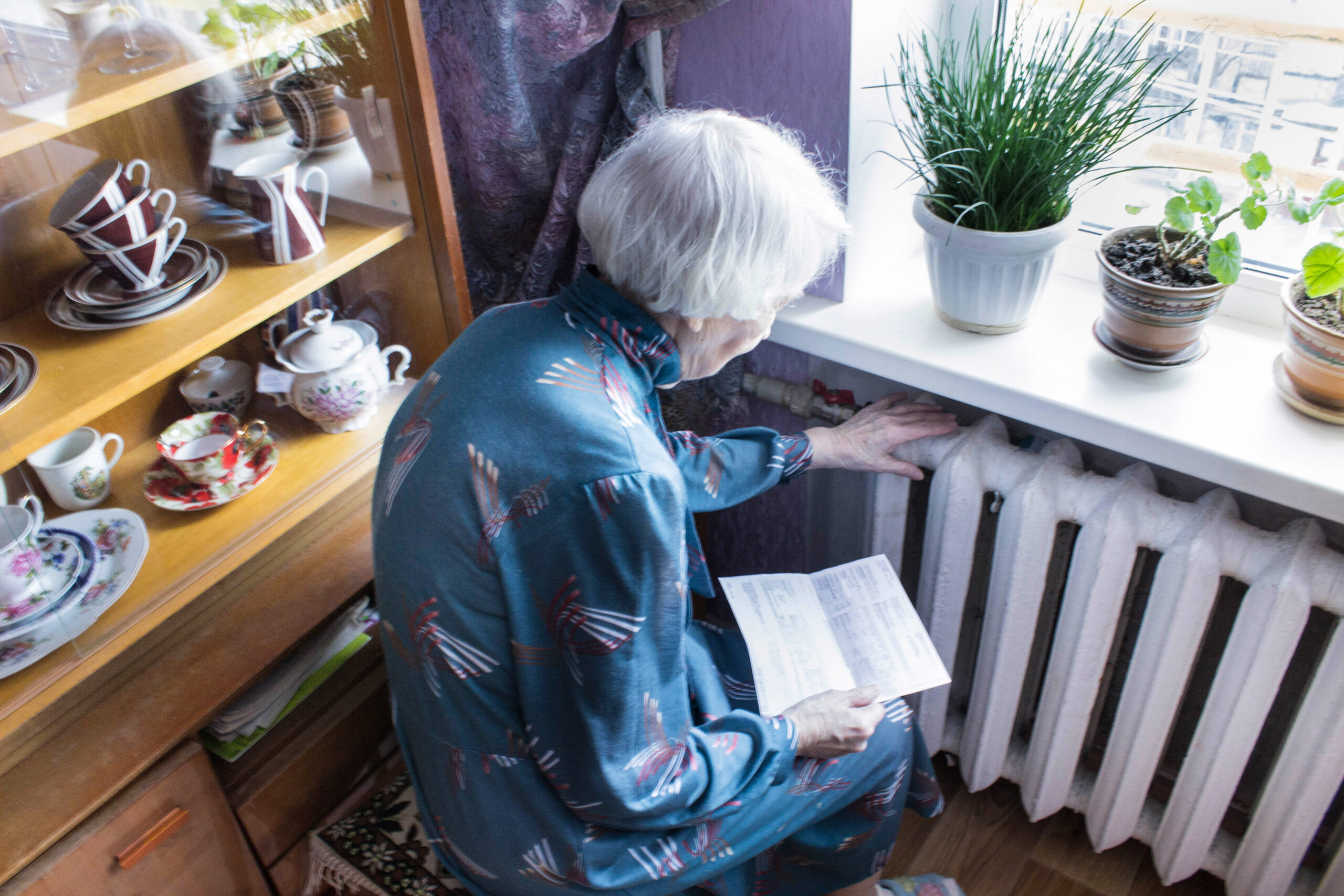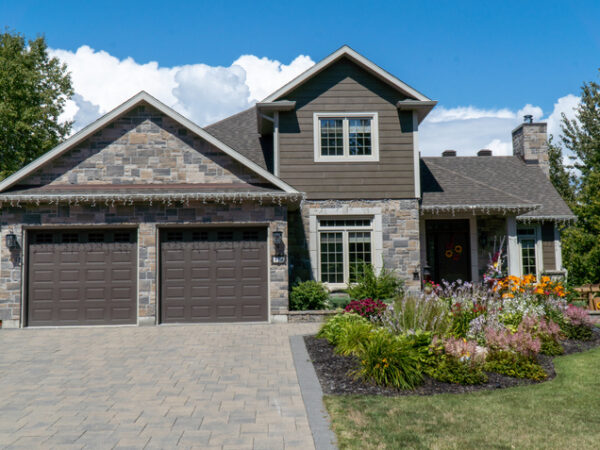In regions that experience frigid winter temperatures, the news that American households can expect heating costs for natural gas to rise by about 28 percent is a worry for low-income families, especially for seniors on a fixed income who are not able to work. In the Midwest, where an unusually cold and snowy winter is predicted, the increase could be as high as 33 percent. What compounds the concern is the growing number of older adults living at or below the poverty line.
According to a recent NPR report, nearly five million U.S. seniors are living below or at the poverty level, and the latest Census data shows that one million seniors have fallen into poverty over the past year. Inflation, unexpected medical costs, caregiving burdens, loss of a spouse and disappearing retirement benefits are just a few of the factors that contribute to poverty among older adults.
Of course, lowering the thermostat is an easy way to save money this winter, but it’s also important that older adults are warm enough and pipes won’t freeze. According to Energy Star, the ideal thermostat temperature during the winter is 68 degrees Fahrenheit during the day, and 65 at night. We sleep better in a cool environment, and this temperature should be comfortable under winter bedding. If you are away from home, the thermostat should be set at 60 degrees to keep houseplants alive, and a minimum of 50 to 55 degrees to keep appliances and pipes from freezing.
Households can also save heating expenses by sealing any cracks or gaps in their home around windows, doors, and attic or crawl space hatches. Opening drapes during daylight hours can help boost indoor temperatures and drawing them at night can prevent heat loss. Replacing your furnace filter regularly can also help your heating system run more efficiently. Lowering the thermostat slightly on water heaters will reduce natural gas use and save money.
Some seniors may qualify for plans to spread out winter heating bills or be eligible for financial assistance with their energy bills. Call 2-1-1 or visit 211.org to connect with caring, expert and confidential help.






Add Your Voice
0 Comments
Join the Discussion